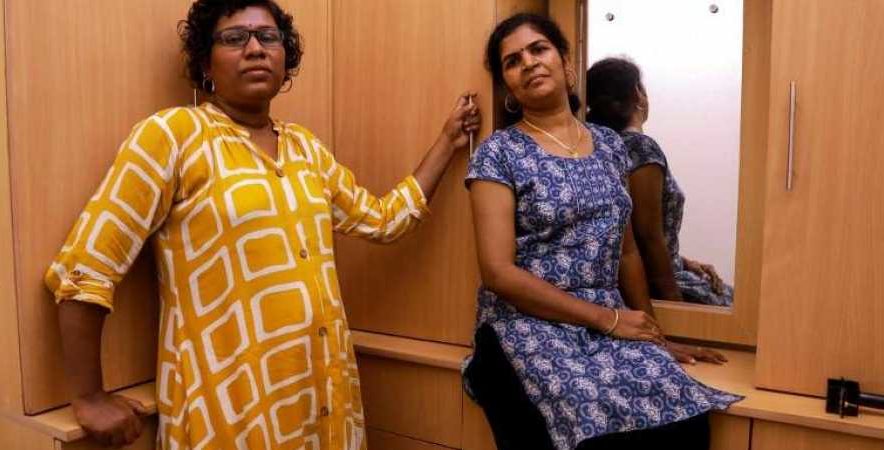Bindu and Kanakadurga, the two women who created history by entering Kerala’s Sabarimala Temple have resolved to do it again. Speaking before the five-judge Constitution bench of the Supreme Court, the two women said that they will try to visit the temple again when it reopens on February 12.
Protests arose from BJP and Hindu activist groups after the women entered the temple on 2 January. They had to go into hiding in Kochi after receiving threats. They continued to face threats and hostility. But in spite of the struggle and risk, their spirits have remained adamant and strong.
Bindu told the Court that her right to practice and profess any religion is protected under the Constitution and nothing can stop her from offering prayer to Ayyappa. Following this, she is said to have added that the social exclusion that they felt and the way Kanakadurga was treated at her in-laws’ house was disrespectful and hurt the core principles of the Constitution.
Advocate Indira Jaisingh, who appeared for the women, told the bench that the two women had faced social boycott for just entering the temple. She added that the boycott was so bad that even shopkeepers refused to sell them things. Bindu’s mother even received a death threat because her daughter visited Sabarimala.
After their successful entry into the temple on the morning of January 2 the priest had closed down the temple and performed a purification ceremony.
Due to this, Bindu and Kanakdurga have also filed a contempt petition against the Sabarimala main priest and other authorities. This became a controversy and he was asked to submit an explanation on the same to the Travancore Devaswom Board, an autonomous body that manages several temples including Sabarimala.
Jaisingh also observed that the two women had succeeded in entering the temple and it was only after this that the purification ceremony was held. This violated the court order. She added that the purification ritual violated Article 17 of the Constitution, which speaks about untouchability. The fact that menstruating women were considered polluting and hence were not allowed entry into temples violated the law, she said.


Comments are closed.